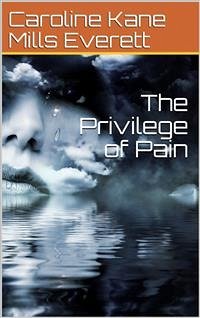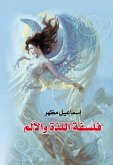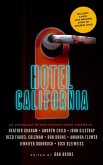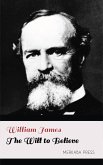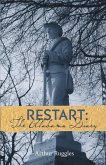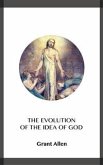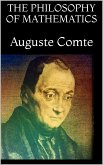Introduction A very suggestive and intriguing title is “The Privilege of Pain.” Those who know a good deal about the subject will doubtless raise the eyebrow of incredulity, while those who have lived in blissful ignorance will be curious if not wholly sympathetic. When I first heard the essay (since developed into this book) read before an audience of very thoughtful and discriminating women, I fancied, although it awakened the liveliest interest in all present, that there was not entire unanimity as to the essayist’s point of view. Several invalids and semi-invalids wore an expression of modest pride in the eloquent plea that physical limitations had not succeeded in stemming the tide of mental and spiritual achievement in the long history of the world’s progress. Robust ladies, equal to eight hours’ work, and if advisable, eight hours’ play, out of the twenty-four, looked a trifle aggrieved, as if the gift of perfect health had been underrated, and the laurels that had always surmounted their shining hair and glowing faces might be wrested from them and placed on paler brows. They had no wish to shorten the list of the essayist’s heroes, (Heaven forbid!) but they evidently wished to retire to their private libraries and compile a roll of honor from the merely healthy. Those who disbelieved in the validity of pain; those who were convinced that mind is not only superior to, but able to win complete triumph over matter; those who felt that laying hold of the Great Source of Healing and Power would enable them not only to deny but to defy pain, these naturally were not completely in accord with the writer.
Bitte wählen Sie Ihr Anliegen aus.
Rechnungen
Retourenschein anfordern
Bestellstatus
Storno

